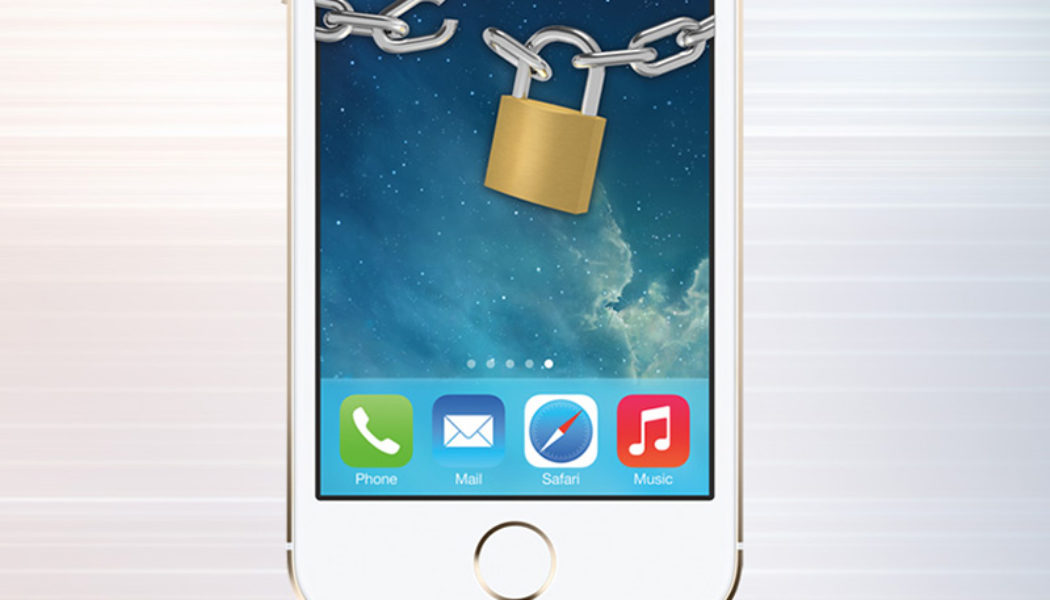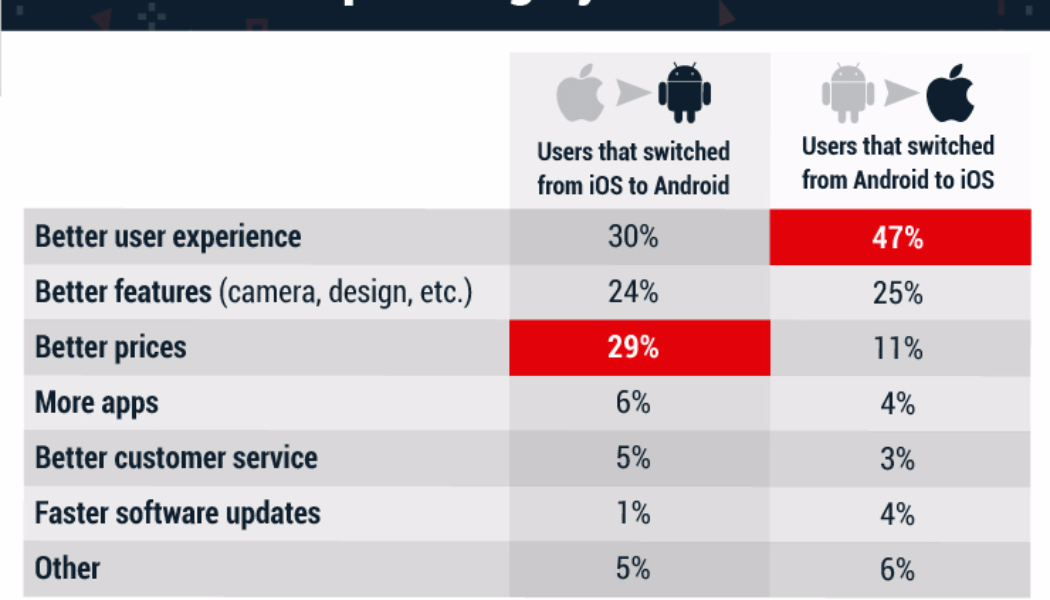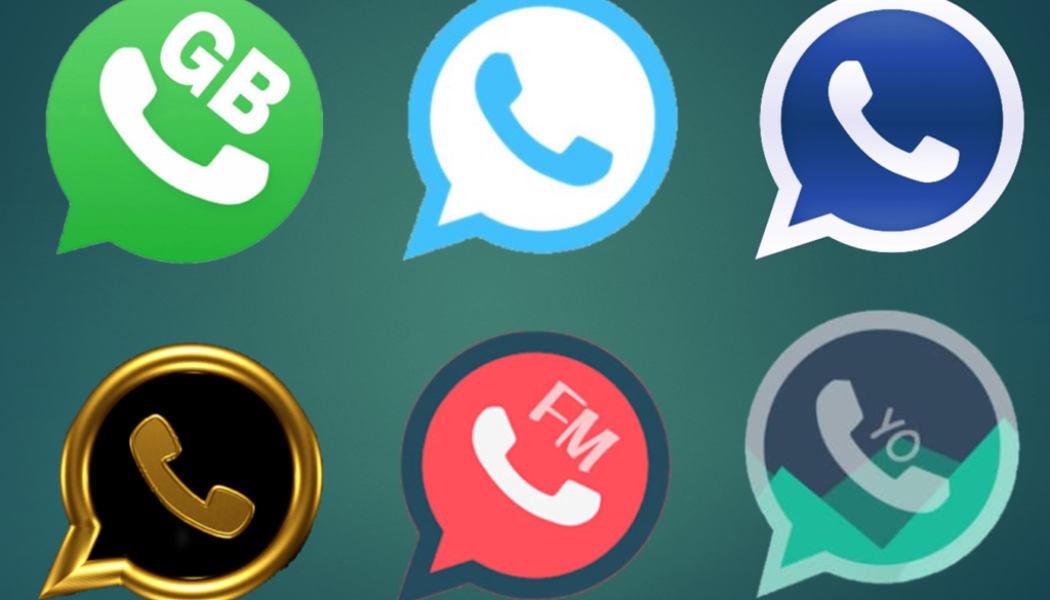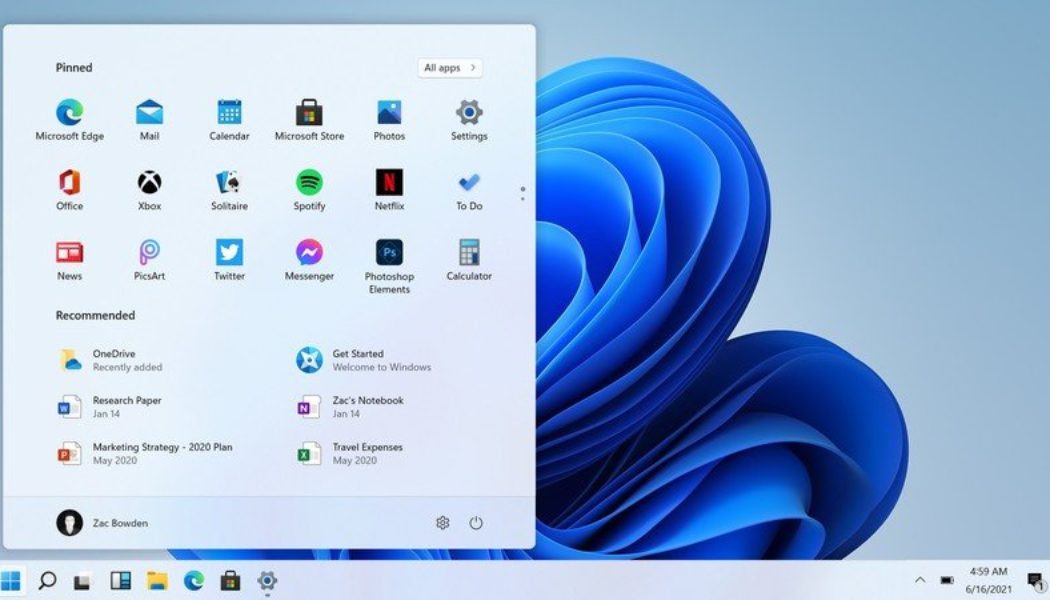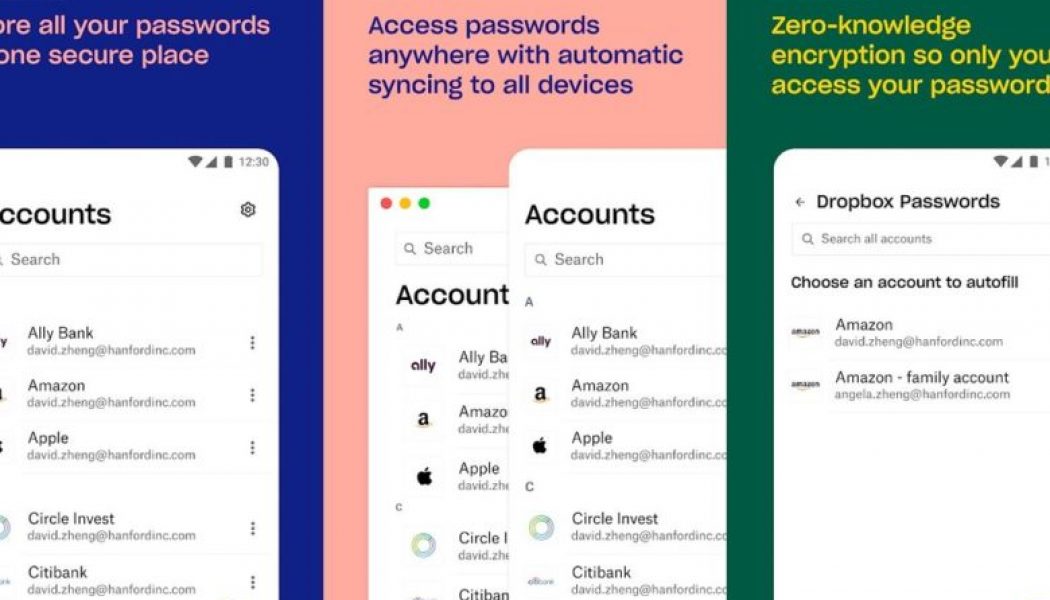Android news
36% of Surveyed Apple Users Considering Switching to Android – New Study
We use cookies on our website to give you the most relevant experience by remembering your preferences and repeat visits. By clicking “Accept All”, you consent to the use of ALL the cookies. However, you may visit “Cookie Settings” to provide a controlled consent.
More People Could Be Switching from Android to iPhone, According to Apple
We use cookies on our website to give you the most relevant experience by remembering your preferences and repeat visits. By clicking “Accept All”, you consent to the use of ALL the cookies. However, you may visit “Cookie Settings” to provide a controlled consent. You Deserve to Make Money Even When you are looking for Dates Online. So we reimagined what a dating should be. It begins with giving you back power. Get to meet Beautiful people, chat and make money in the process. Earn rewards by chatting, sharing photos, blogging and help give users back their fair share of Internet revenue.
What is ‘GBWhatsApp’ & Why Would You Be Banned for Using It?
We use cookies on our website to give you the most relevant experience by remembering your preferences and repeat visits. By clicking “Accept All”, you consent to the use of ALL the cookies. However, you may visit “Cookie Settings” to provide a controlled consent. You Deserve to Make Money Even When you are looking for Dates Online. So we reimagined what a dating should be. It begins with giving you back power. Get to meet Beautiful people, chat and make money in the process. Earn rewards by chatting, sharing photos, blogging and help give users back their fair share of Internet revenue.
9 Super Popular Play Store Apps Have Been Stealing Users’ Facebook Passwords
Image sourced from Getty Images. Google has removed nine Android apps from its Play Store that have been downloaded more than 5.8 million times. These nine apps were found by researchers to be using an exploit to steal the Facebook login credentials of users. The infected apps in question provided fully functioning services for photo editing and framing, exercise and training, horoscopes and removal of junk files from Android devices, respectively. Ars Technica reports that all of the apps offered users an option to disable in-app ads by logging into their Facebook accounts. Users who accepted the in-app offer were taken to a genuine Facebook login form containing fields for usernames and passwords. At this point, the trojan malware within the apps would be activated. Researchers from Dr. ...
Windows 11 Is Here – New Start Menu, New Visuals, New Possibilities
Image sourced from wccftech.com. /* custom css */ .tdi_4_6b5.td-a-rec-img{ text-align: left; }.tdi_4_6b5.td-a-rec-img img{ margin: 0 auto 0 0; } After weeks of speculation, rumour and innuendo – Microsoft yesterday finally officially confirmed the name for the next release of Windows OS: Windows 11. This comes a week after Microsoft experienced a massive Windows 11 leak, a leak that shows all initial thoughts have proven to be true. As speculated in our report of the leak, Microsoft’s new OS is focused on simplification of the Windows user interface and improvements for multitasking and performance. Windows 11 also includes a redone Windows store, and for the first time ever, running support for Android apps, like TikTok and more. /* custom css */ .tdi_3_448.td-a-rec-img{ text-align: left;...
Android Has 47 Times More Malware Than iOS According to Apple CEO
Image sourced from Reuters. CEO of Apple, Tim Cook has said that Android has significantly more malware than iOS and that “sideloading” smartphone apps is something “not in the best interest of users.” Virtually speaking at the VivaTech 2021 conference in Paris, France, on June 16, Cook claims that Android carries “47 times more malware” than Apple’s OS because of the way that iOS has been designed. Namely, that there’s only one App Store and that all Apps loaded to the Store undergo a strict review process. App Sideloading Android-operating devices allow users to sideload apps, meaning that users can download apps directly from third parties or websites into their phones without having to go through the Google Play store. Obviously, unaware users can be caught off-guard by malware in side...
5 Steps to Protect Yourself and Employees from Android-Based Cyber Threats
Sourced from International IDEA While nearly 9 in 10 companies not only allow but actually rely on their employees to access critical business apps using their personal devices, according to a recent Fortinet Threat Landscape Report, Android-based malware now represents 14% of all cyber threats. In addition to direct attacks, the number of compromised web sites, email phishing campaigns, and malicious access points continue to grow exponentially, infecting unsuspecting users – regardless of their devices –with spyware, malware, compromised applications, and even ransomware. And whenever a personal device of any of your employees becomes compromised, they can represent an increased risk to your organisation as well. In addition to deploying mobile device management software a...
6 Android Apps to Help Teens Sharpen Their Life Skills
Sourced from Gadgets Now. Most teens have grown up with technology as a part of their lives. It’s not surprising that many of them take great joy in snapping selfies, sharing memes on social media, watching YouTube videos and playing Fortnite. There’s nothing wrong with using a smartphone to have fun and socialise, but devices can also help teens navigate the world. Given this love of tech and devices, there can be no better way to reach them that through content and services that build their life skills or help them get organised. /* custom css */ .tdi_3_ebe.td-a-rec-img{ text-align: left; }.tdi_3_ebe.td-a-rec-img img{ margin: 0 auto 0 0; } For Youth Month in South Africa, Alcatel takes a look at some helpful apps for Android devices for teens to acquire or enhance their skills in areas o...
Android Users Beware – this Wallpaper could Factory Reset your Device
Image taken by Gaurav Agrawal A picturesque image of the sun setting over a quiet lake is making headlines across the world – and not for good reason. The image – taken by scientist and amateur photographer, Gaurav Agrawal – has been known to cause a glitch in a number of Android devices. The BBC reports that Android users who set this image as their wallpaper have had to factory reset their devices as the smartphones would switch on and off repeatedly, resulting in the loss of all data that wasn’t previously backed up. Agrawal says that he didn’t know the image would cause such damage and he’s “sad that people ended up having issues”. He recalls taking the picture on a “magical evening. It was gloomy and cloudy, and [my wife and I] thought there wasn’t going to be a great sunset. We ...
Dropbox Launches New Password Manager in Private Beta
Sourced from TechSpot. Dropbox has quietly launched a new password manager named Dropbox Passwords. The app is only available in a private beta on Android, and although it can be downloaded, users won’t be able to use it yet – at least not until they get an invite. The app’s Play Store listing notes that the app is currently “in development” and therefore may be unstable. Sourced from Dropbox. While still currently in a very basic state, like most password managers, it creates unique passwords, stores them in a single place and synchronises them across your devices in order to automatically and quickly fill-in login fields. /* custom css */ .tdi_3_44e.td-a-rec-img{ text-align: left; }.tdi_3_44e.td-a-rec-img img{ margin: 0 auto 0 0; } There’s still no mention of other useful features like i...
